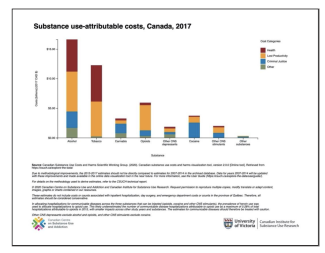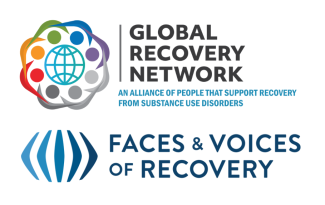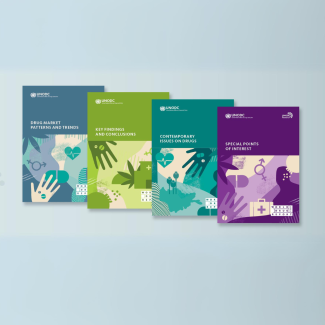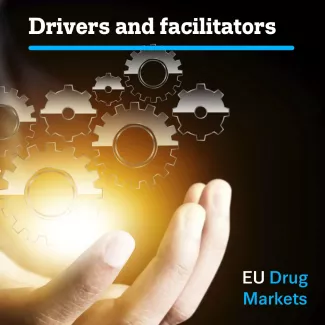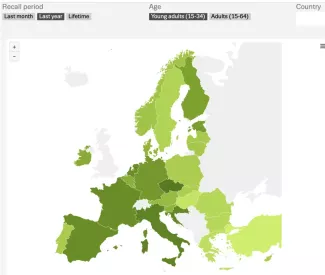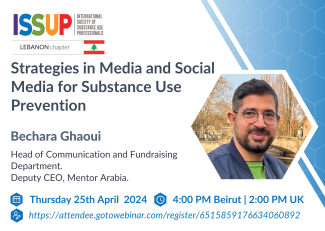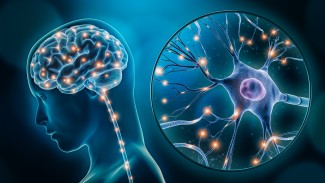An Overview of the International Drug Policy Academy
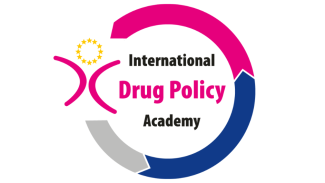
The International Drug Policy Academy (IDPA), established by the Council of Europe's Pompidou Group, is dedicated to enhancing the capabilities of professionals involved in drug policy and addiction services. With over 50 years of international cooperation and capacity building, the IDPA aims to bridge the gap between policy, research, and practice across various sectors, fostering the development of coherent and sustainable drug policies.
Objectives of the IDPA
- Capacity Building: Strengthening the skills of professionals for effective design, management and evaluation of drug...

